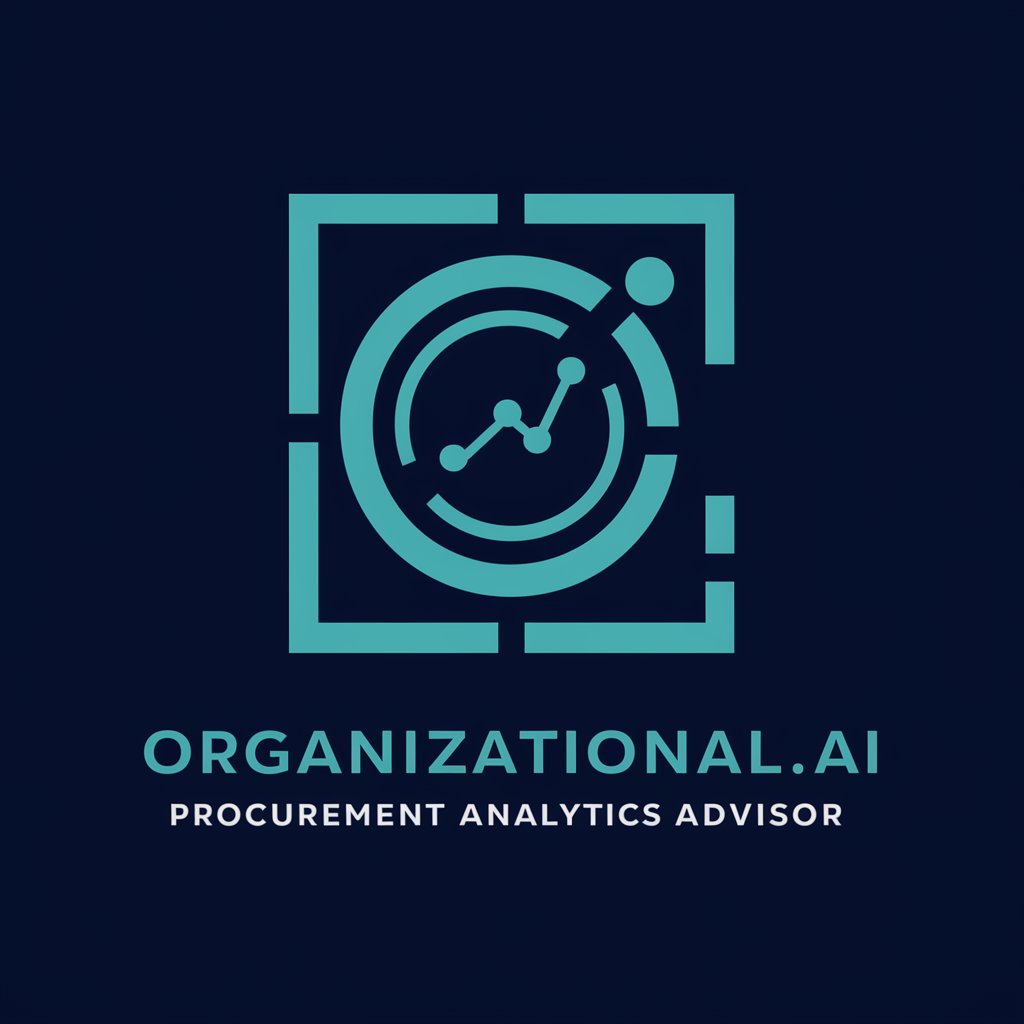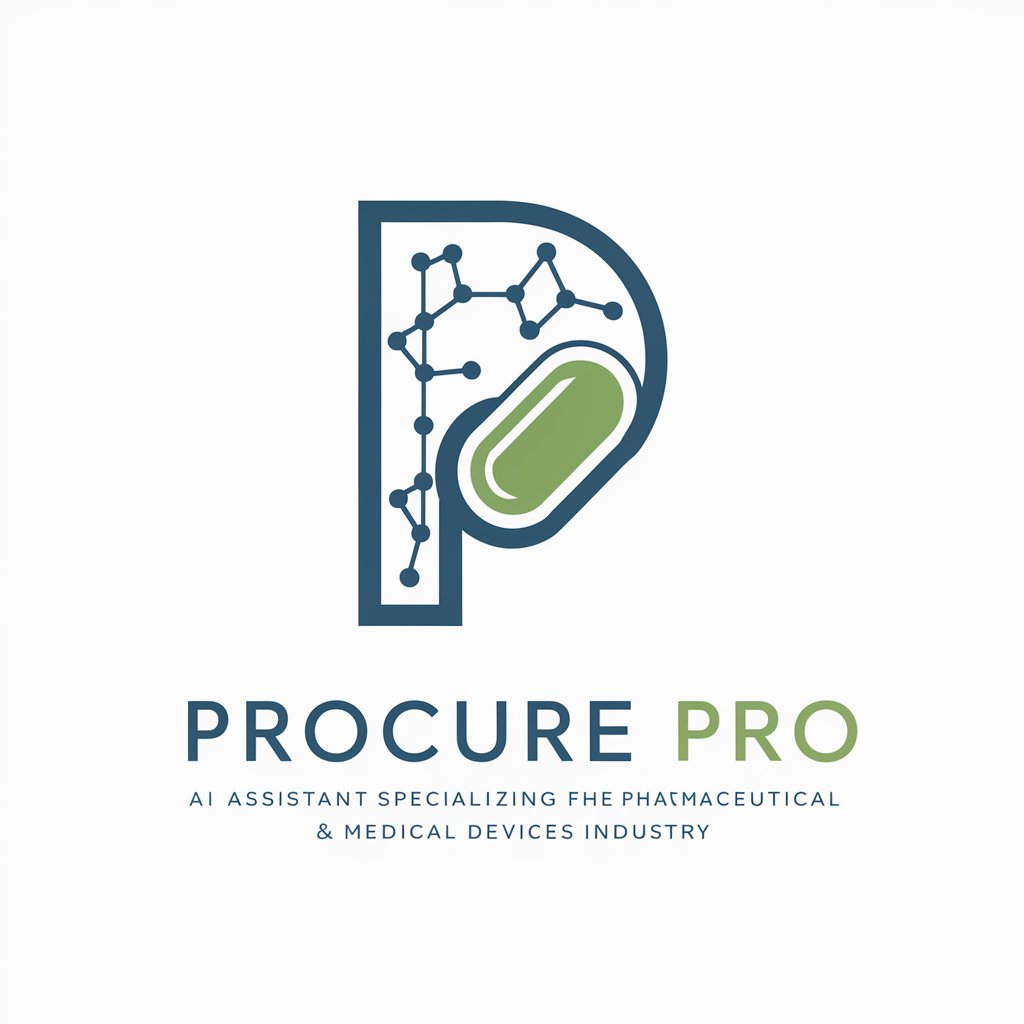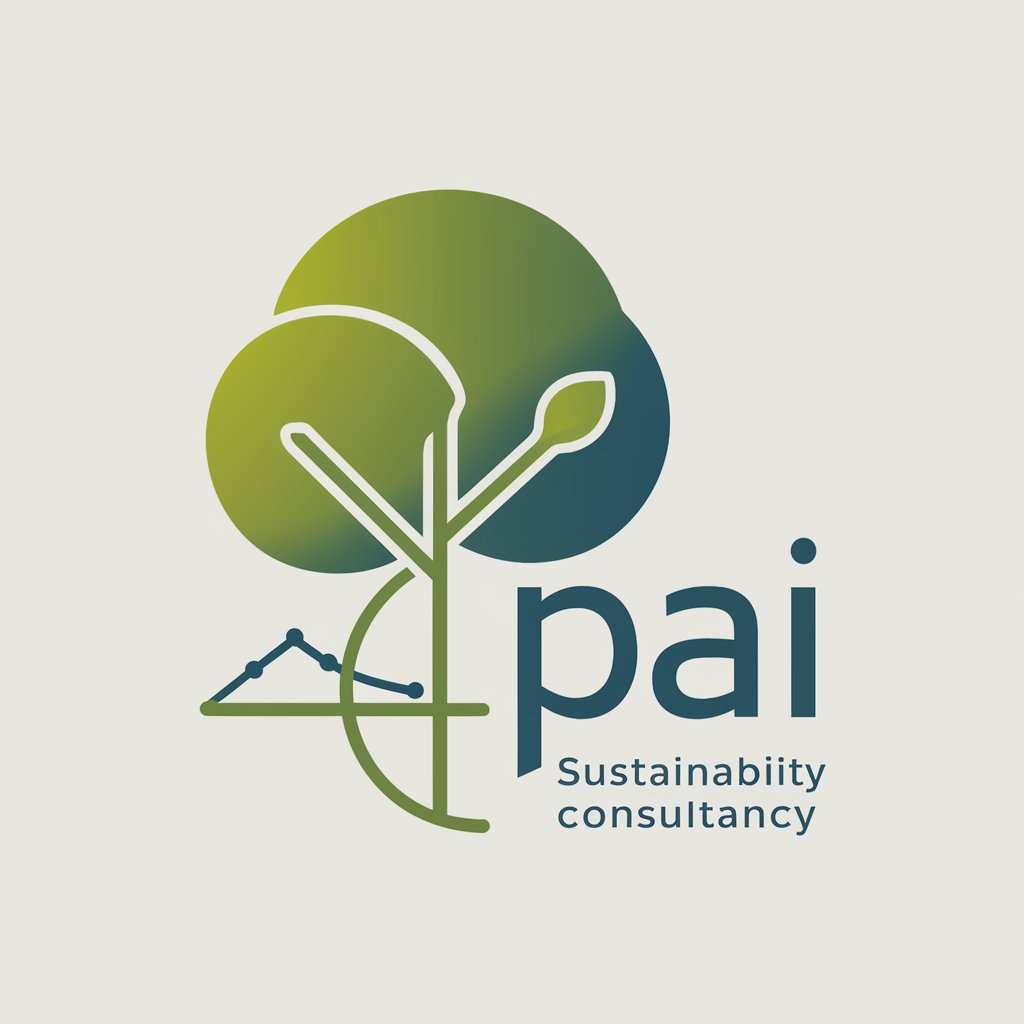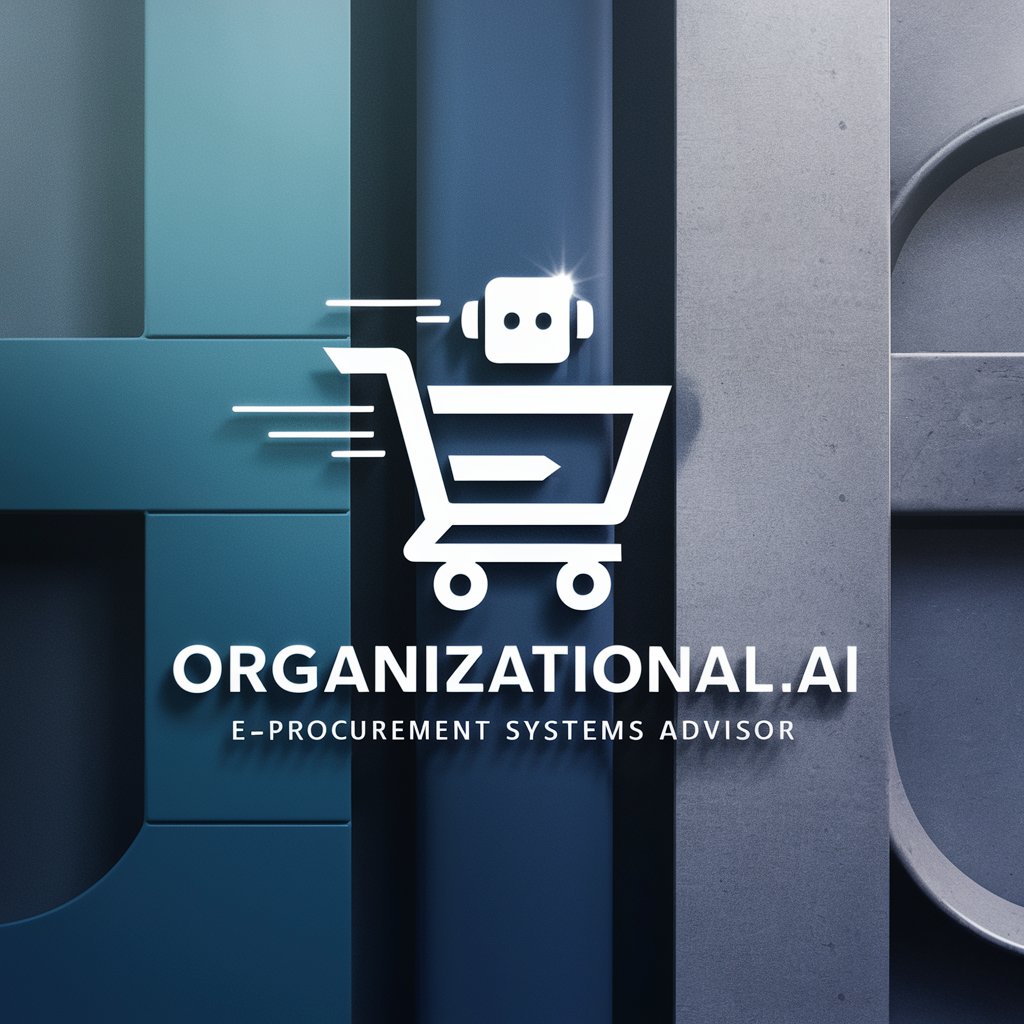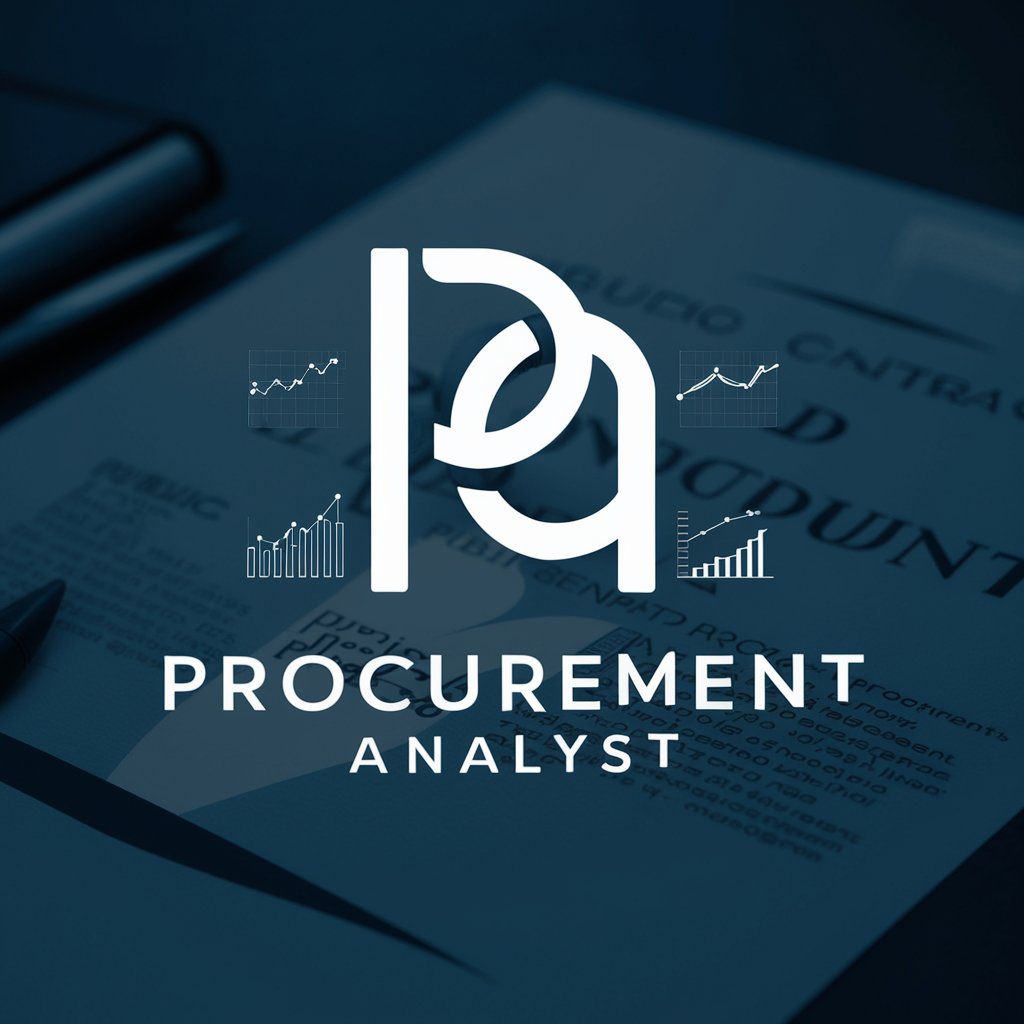
Sustainable Procurement Analysis - Sustainable Procurement Insights
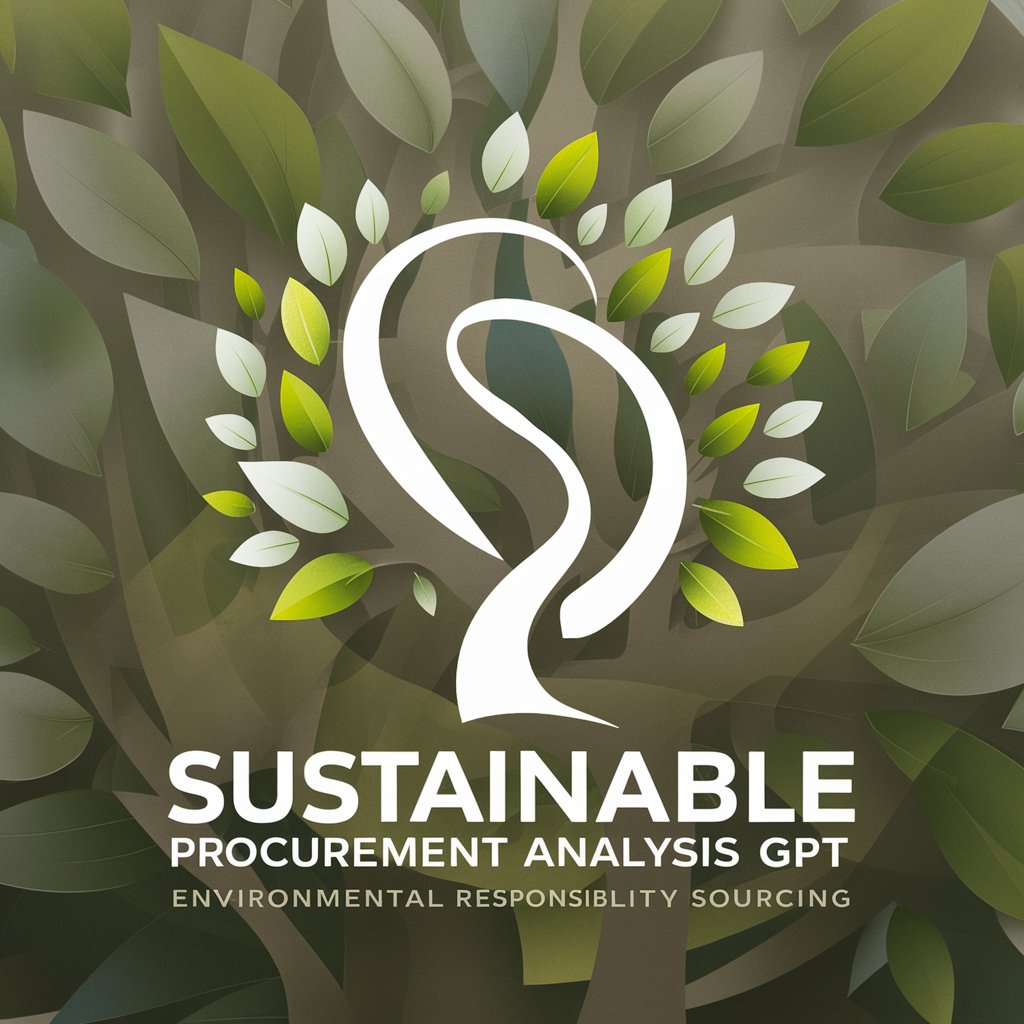
Welcome to Sustainable Procurement Analysis. Let's enhance your purchasing decisions sustainably!
Empower procurement with AI-driven sustainability insights.
Analyze the sustainability impact of procuring...
Evaluate the carbon footprint of sourcing...
Assess the ethical sourcing practices of...
Provide insights on the lifecycle impact of...
Get Embed Code
Understanding Sustainable Procurement Analysis
Sustainable Procurement Analysis is designed to guide and inform the purchasing decisions of organizations and individuals with a focus on sustainability. This entails evaluating products, services, and suppliers based on their environmental, social, and ethical impacts throughout their lifecycle. The aim is to minimize negative impacts on the planet and society, promoting a healthier environment and fairer communities. For example, when an organization is looking to procure office supplies, Sustainable Procurement Analysis would consider factors such as the carbon footprint of manufacturing the supplies, the ethical labor practices of the suppliers, and the end-of-life recyclability of the products. Powered by ChatGPT-4o。

Core Functions of Sustainable Procurement Analysis
Environmental Impact Assessment
Example
Analyzing the carbon footprint and resource consumption of a product.
Scenario
A business intends to purchase a fleet of vehicles. Sustainable Procurement Analysis assesses each vehicle option based on fuel efficiency, emissions, potential for electric power, and the environmental standards of the manufacturing process.
Social Responsibility Evaluation
Example
Evaluating the labor practices and community impacts of suppliers.
Scenario
An organization sourcing textiles for its products would use Sustainable Procurement Analysis to ensure their suppliers uphold fair labor practices, contribute positively to their local communities, and do not engage in exploitative behaviors.
Lifecycle Analysis
Example
Assessing products for durability, maintenance needs, and end-of-life disposal.
Scenario
Considering the purchase of office furniture, Sustainable Procurement Analysis would compare options based on their expected lifespan, the materials used in their construction, the potential for repair and reuse, and whether they can be recycled or responsibly disposed of at the end of their life.
Target Users of Sustainable Procurement Analysis
Businesses and Corporations
Companies seeking to align their procurement processes with sustainability goals will benefit from Sustainable Procurement Analysis. This includes assessing supply chains for ethical and environmental standards, reducing carbon footprints, and promoting corporate social responsibility.
Government Agencies
Public sector entities that are mandated to consider environmental and social impacts in their procurement practices. Sustainable Procurement Analysis helps ensure compliance with regulations and policies, while promoting sustainable development within communities.
Non-Profit Organizations
Non-profits focusing on environmental conservation, social justice, or community development can use Sustainable Procurement Analysis to ensure their purchases and partnerships reflect their values and contribute to their missions positively.

How to Use Sustainable Procurement Analysis
1
Start with a visit to yeschat.ai for an immediate free trial, no login or ChatGPT Plus required.
2
Identify the procurement needs of your organization, focusing on the categories most relevant to your sustainability goals.
3
Utilize the tool to analyze potential suppliers or products, inputting data such as material origins, manufacturing processes, and supply chain practices.
4
Review the analysis provided, which includes environmental impact, social responsibility, and lifecycle considerations.
5
Apply the insights to make informed, sustainable procurement decisions, prioritizing options that align with your organization's environmental and ethical standards.
Try other advanced and practical GPTs
YouLaw
Empowering Legal Insights with AI

Corporate responsibility
Empowering Ethical Corporate Communication

Marconi Expert
Unveiling Robotics and IT Innovation
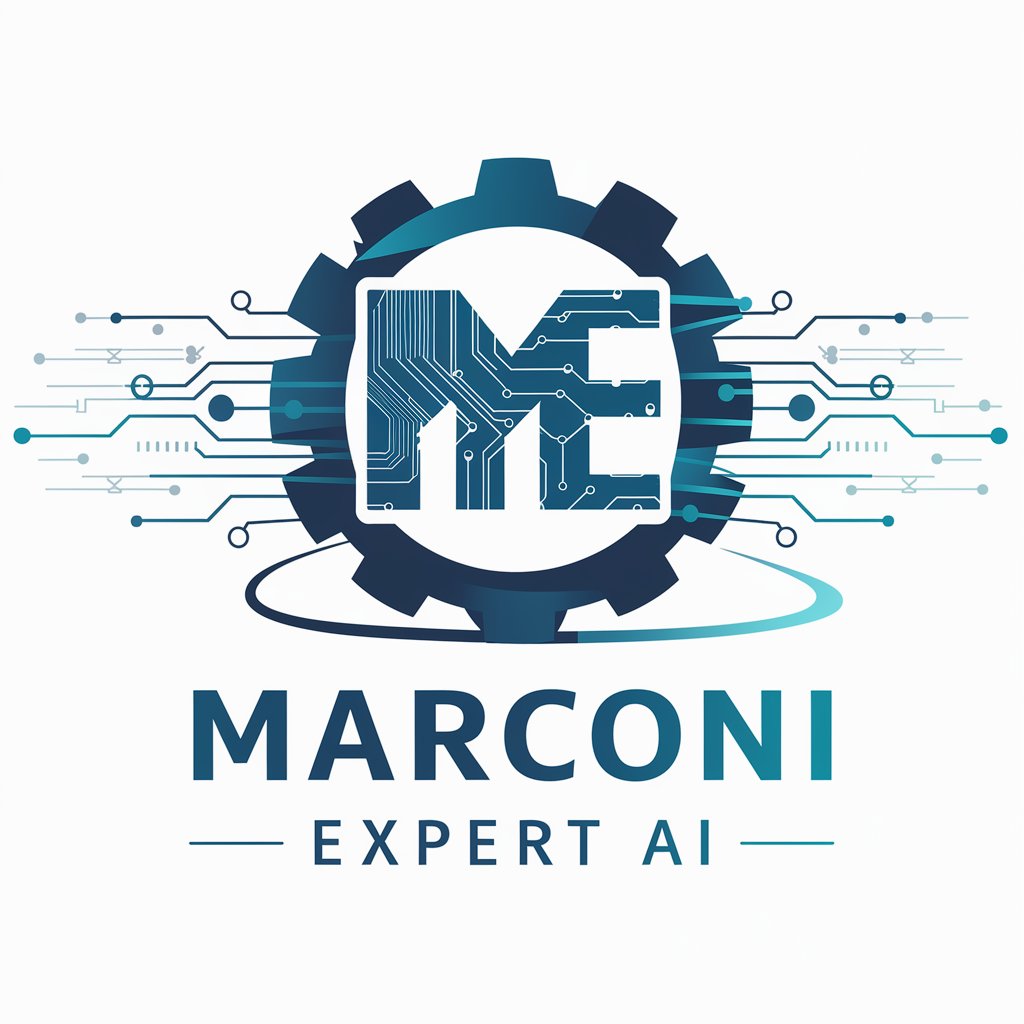
12 Rules for Life - Jordan B. Peterson
Empowering insights for life's challenges

Sustainability Champ
Empowering sustainability with AI intelligence.
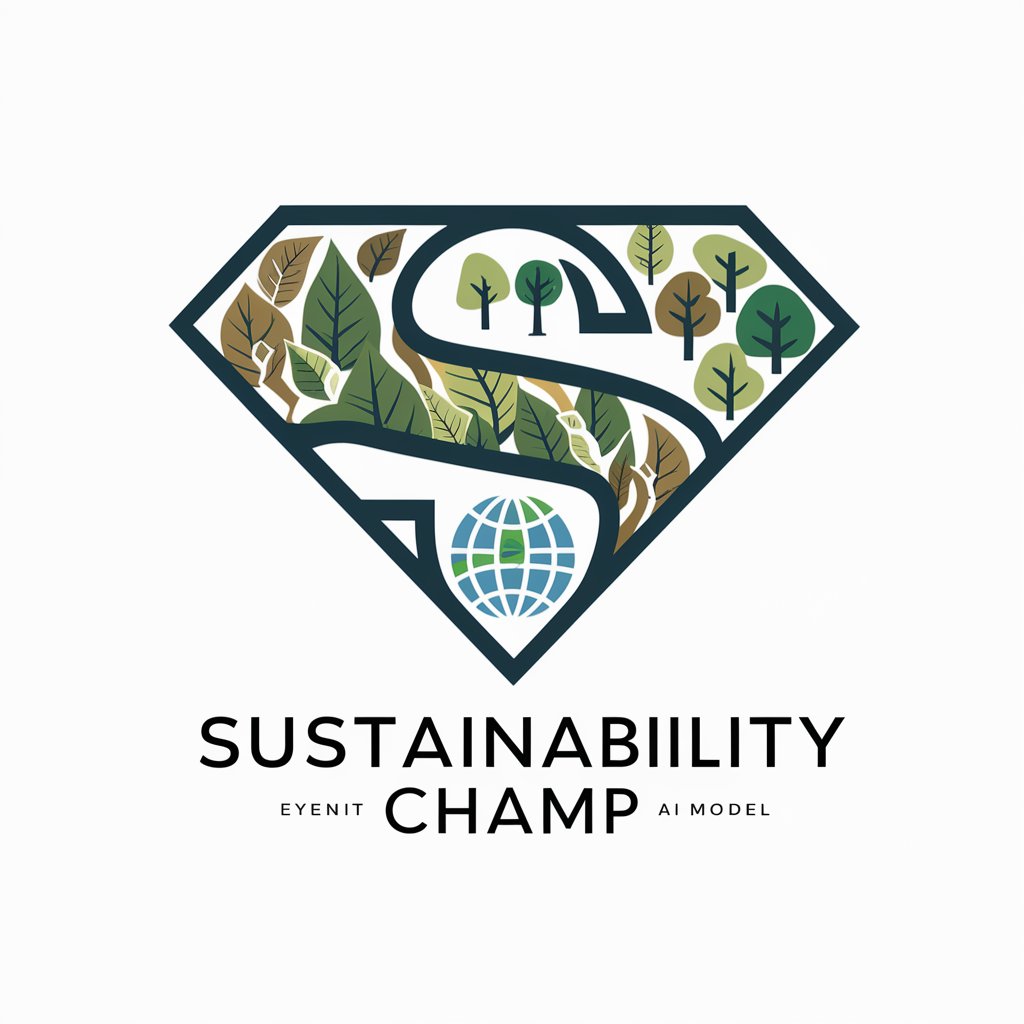
Sustainability Coach & Social Responsibility Guide
Empowering sustainable choices with AI
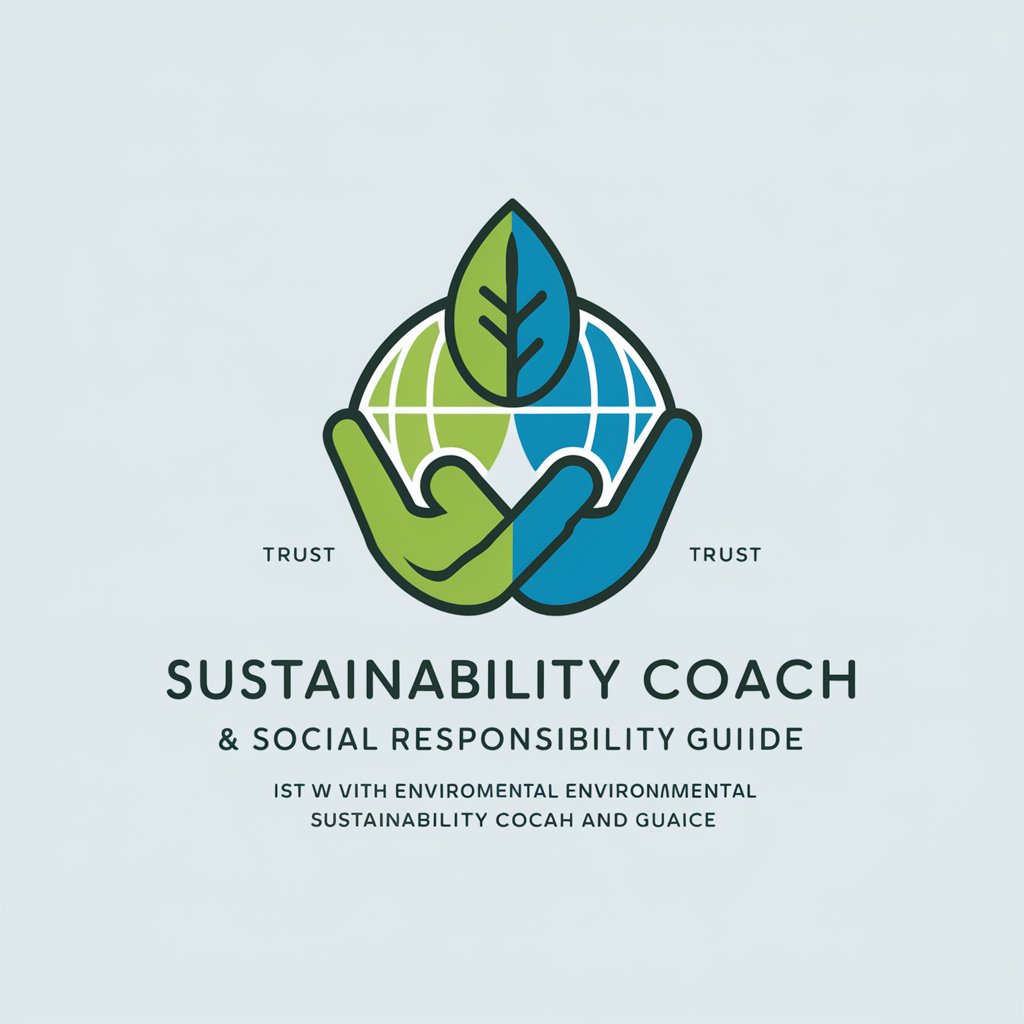
beauty master
Empowering Your Beauty Journey with AI

🌐✨ Ethical Impact Advisor 🌟💼
Empowering Ethical Business Decisions with AI
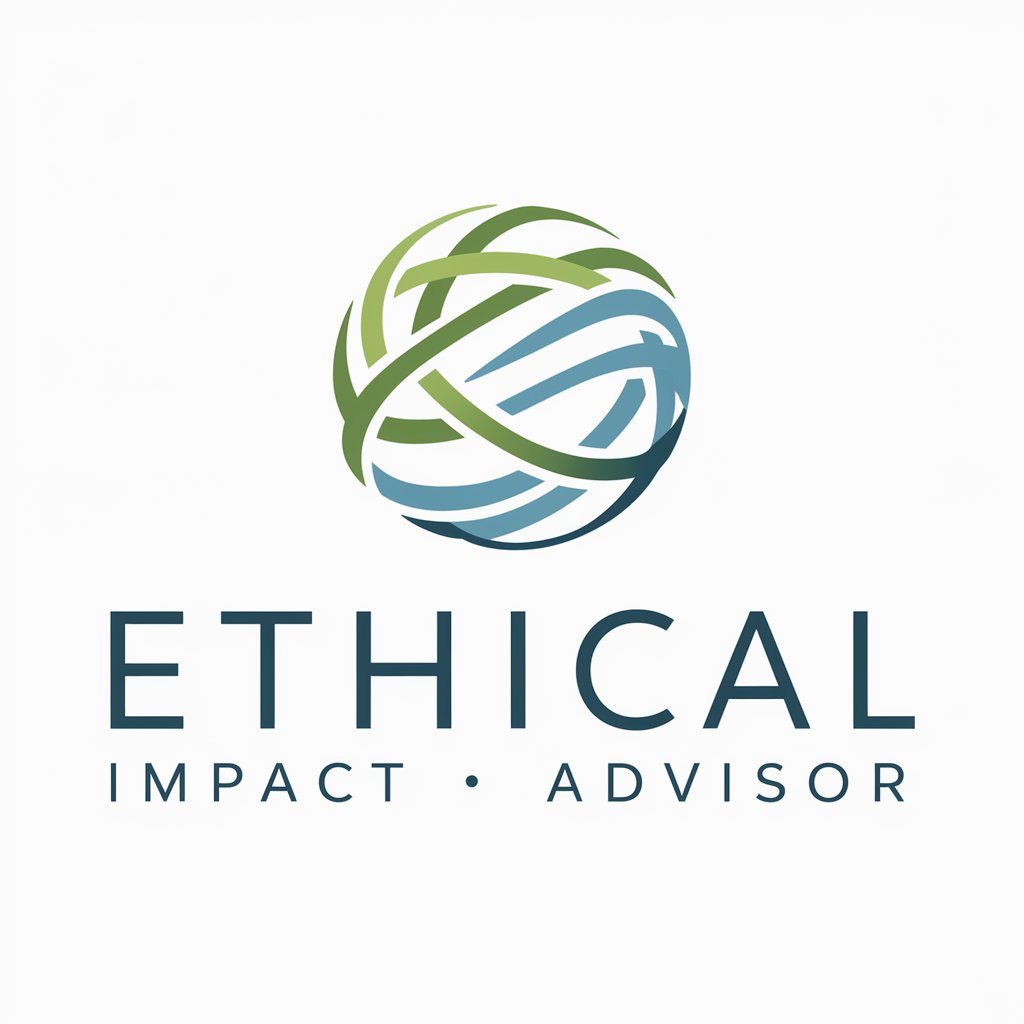
corporate social responsibility and ethics
Empowering Ethical Business Practices

Outside meaning?
Expand Your Textual Horizons

Outside the Box
Ignite Innovation with AI

Outside Sales Representative
Empowering Sales with AI Insight

Frequently Asked Questions about Sustainable Procurement Analysis
What is Sustainable Procurement Analysis?
It's a process or tool designed to evaluate and optimize the sustainability aspects of procurement decisions, focusing on reducing environmental impact, enhancing social responsibility, and promoting economic efficiency throughout the supply chain.
How does Sustainable Procurement Analysis benefit a company?
It helps companies minimize their environmental footprint, ensure ethical sourcing, improve brand reputation, comply with regulations, and often reduce costs through more efficient and sustainable practices.
Can it help with compliance to sustainability regulations?
Yes, by providing detailed information on the sustainability credentials of suppliers and materials, it aids in adhering to legal standards and sustainability certifications.
Does it consider the lifecycle of products?
Absolutely. It evaluates products and services from cradle to grave, assessing their environmental and social impact throughout the entire lifecycle.
How can technology enhance Sustainable Procurement?
Technology, especially AI, can analyze vast amounts of data quickly, provide predictive insights, and help identify the most sustainable procurement options by comparing multiple factors including cost, environmental impact, and social responsibility.

